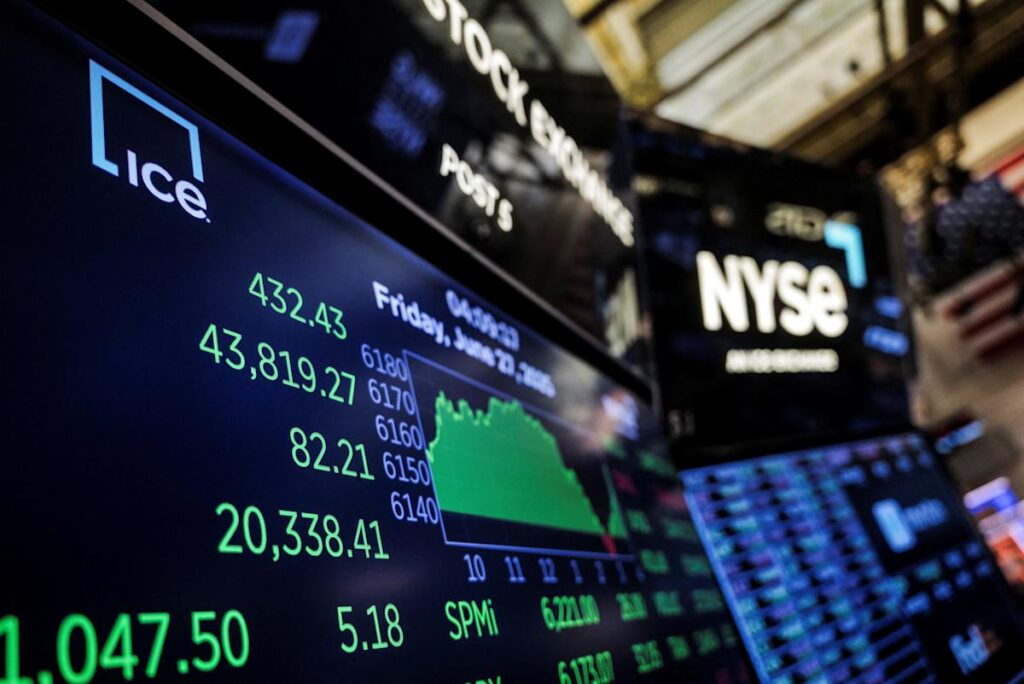Retail investors, if you’re eyeing the market this Independence Day weekend, you might want to hold tight to your trading app. The July 4th market landscape has a few quirks—and potential opportunities—that can help (or hurt) your next move. Here’s your no-nonsense guide to navigating the midyear trading pause and its ripple effects.

July 4th Market Breakdown: Retail Investors
| Takeaway | Stat |
|---|---|
| U.S. Markets Close Early July 3 | 1 p.m. ET (stocks), 2 p.m. ET (bonds) |
| Retail Trades Make Up Daily Volume | ~20% |
| S&P 500 YTD Performance | ~5% Q2 Gain |
| Tariff Deadline Approaches | July 9 |
The July 4th market vibe is deceptively chill. Behind the patriotic banners and barbecue smoke lies a twitchy market, waiting for a reason to move. Use this moment to reset your game plan. From what I’ve seen over the years, holidays are never truly quiet. They just lull you into thinking they are. So, breathe deep. Keep your trading light, your thinking sharp, and your eyes on the horizon. Monday morning could come with a jolt.
Holiday Hours and What They Mean for You
Markets take a breather around the Fourth. On Thursday, July 3, U.S. stock exchanges will shut early at 1 p.m. ET, with bond markets following at 2 p.m. ET. Come Friday, July 4, everything’s closed—stocks, bonds, even your local bank.
The result? Low liquidity and thin volumes, which often mean sharper swings on even mild news. If you’re planning to trade before or after the holiday, expect unexpected price action. A light news item can hit like a sledgehammer.
Retail Traders Now Move the Needle
Today, retail investors drive about 20% of daily trading volume—more than hedge funds, according to Barron’s. That’s a big leap from the 2010s, and it’s made the market feel more reactive and emotional.
From my own desk, I’ve watched so-called “buy-the-dip” behavior reset entire trendlines. Platforms like Robinhood and Webull aren’t just playgrounds anymore—they’re steering the ship on light-volume days.
“Retail interest can really move stocks now, especially when fewer institutional players are online,” said Jared Blikre of Yahoo Finance. So if you’re jumping in this week, recognize your own power—and the volatility it might bring.

Events Worth Watching This Week
Here’s what could shake the market while you’re flipping burgers:
- July 2–3: ADP jobs data, JOLTS openings, and nonfarm payrolls land before the early close.
- July 4: Full market shutdown. Any overseas developments might not price in until Monday.
- July 9: U.S. tariff decision deadline. Tech stocks could react sharply.
- Mid-July: Q2 earnings season kicks off, led by big banks like JPMorgan and Wells Fargo.
What This Means for Your Portfolio
Use the Quiet to Prepare
Holiday lulls offer a chance to rebalance. Ask yourself: Are you exposed to volatile names like NVDA or TSLA ahead of the tariff call? Are your stop-losses and profit targets set?
Earnings Season is Your Friend
Starting July 15, earnings reports from financial giants could create sharp movements. If you trade options or swing trade, this could be prime territory. Look for trends in consumer credit, loan demand, and deposit growth.
Think Ahead on Rates
The labor data arriving this week could sway the Federal Reserve’s next move. Current odds for a July rate cut? Around 21%, per Reuters. That affects everything from tech valuations to housing stocks.






